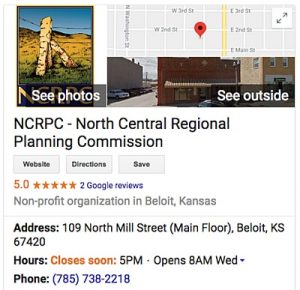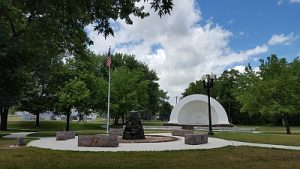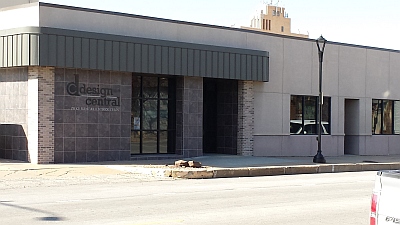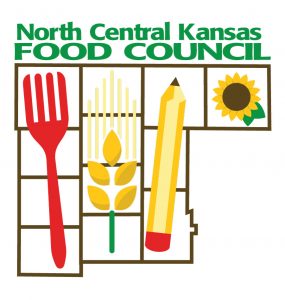Written by the Kansas State University Center for Rural Enterprise Engagement

This partial screenshot is an example of what it looks like to have claimed your place on Google.
One of the easiest, but most overlooked aspects of online marketing is claiming your Google Place listing. This is a feature that allows information about your business to populate on the right-hand side of the Google search results page. Claiming your business’s online identity in this way allows potential clients to find you and know that you are currently operating. Photos will help them know what your storefront looks like, so it can be identified when they plan a visit. Filling out all sections of the form will allow searchers to click directly into your website or social media pages, reducing the level of searching required to learn about your business.
Claiming your business’s Google Place will allow people to view quite a few details about the business when they search with Google, particularly contact information and hours of operation. This is a simple, yet crucial part of getting a business started out on the right track online. While creating a presence on social media is important, the majority of people still search for a business on Google first to find information. We do not want to lose them at the beginning before they get a chance to see any of the social media on which a business may have worked so hard.
Let’s Get Started!
- Visit www.google.com/business and click the green Manage Now button.
- You will be prompted on the next page to add the name of your business. Be sure it is accurate and click Next.
- Now add in your business location and then it will bring up businesses around the address you provided.
- Next it wants you to categorize your business, then add the phone number and website.
- You’re finished! Select Finish and be sure to verify your location.
- You will then be directed to your business page dashboard and here you can manage it further.
Claim your business today and do not miss out on another customer!
For more information about online marketing with new-media tools like websites, e-newsletters, social-media, and e-commerce, visit our learning resource at RuralEngagement.org.
This article appeared in the September 2018 NCRPC Newsletter.







 fills accept E-waste, some are limited on how much and what types they can accept. McMillan suggests checking with your local landfill on its E-waste policies.
fills accept E-waste, some are limited on how much and what types they can accept. McMillan suggests checking with your local landfill on its E-waste policies.
 The NCKFC will begin surveying in June. The survey will help determine local food trends in consumption and availability of health food choices. It will be available online and through paper copies in public offices around the region. Focus groups will begin this summer and continue through the fall.
The NCKFC will begin surveying in June. The survey will help determine local food trends in consumption and availability of health food choices. It will be available online and through paper copies in public offices around the region. Focus groups will begin this summer and continue through the fall.